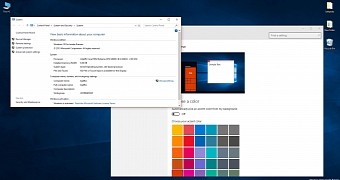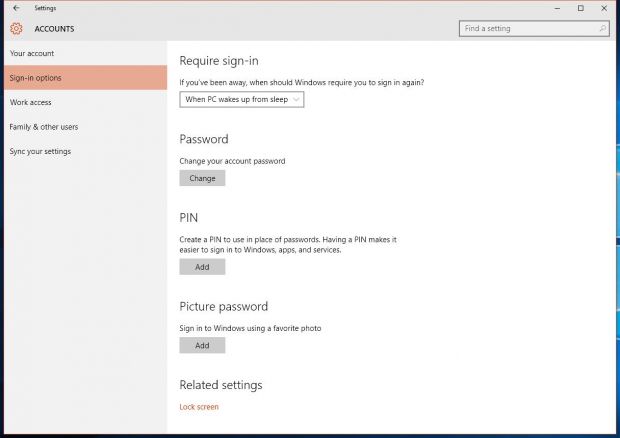Windows 10 will debut in about three weeks on the PC, and everyone’s hopeful that the new operating system has what it takes to boost sales and help Microsoft secure its leading position on the desktop (although, with a 90 percent market share, it’s unlikely to lose it in the next decade).
But according to a new report by analyst firm Gartner, Windows 10 is very unlikely to make a difference in terms of PC shipments this year. In fact, Windows 10 is actually expected to slow down sales of new computers, given the fact that it’ll be offered as a free upgrade to those on Windows 7 and 8.1.
In an analysis today, Garner estimates that new PC sales are expected to reach 2.5 billion units in 2015, which is an increase of 1.5 percentage points from 2014, but a drop of 1.3 percent from last quarter’s estimates.
Garner has adjusted its forecast because of the continued slowdown of PC shipments in Western Europe, Russia, and Japan, it says in the report.
Windows 10 won’t help
Generally, when a new Windows version is released, PC makers expect an increase in PC sales because new operating systems come with features and system requirements that call for hardware upgrades.
That won’t be the case this time, with a few feature exceptions, as Microsoft is not only offering Windows 10 free of charge to users running genuine Windows 7 or 8.1 but the new OS also has the exact same system requirements as its predecessor.
“We do not expect the global PC market to recover until 2016,” says Ranjit Atwal, research director at Gartner. “The release of Windows 10 on 29th July will contribute to a slowing professional demand for mobile PCs and premium ultramobiles in 2015, as lifetimes extend by three months. However, as suppliers and buyers adjust to new prices, Windows 10 could boost replacements during 2016.”
Microsoft suggests, that despite all of these, buying a Windows 10 PC is still a good idea because only with upgraded hardware you can experience the full capabilities of the new OS. Windows Hello, for instance, which is Microsoft’s new biometric authentication feature, requires new hardware in Windows 10, so existing PCs might not be able to use it without upgrades.

 14 DAY TRIAL //
14 DAY TRIAL // 

